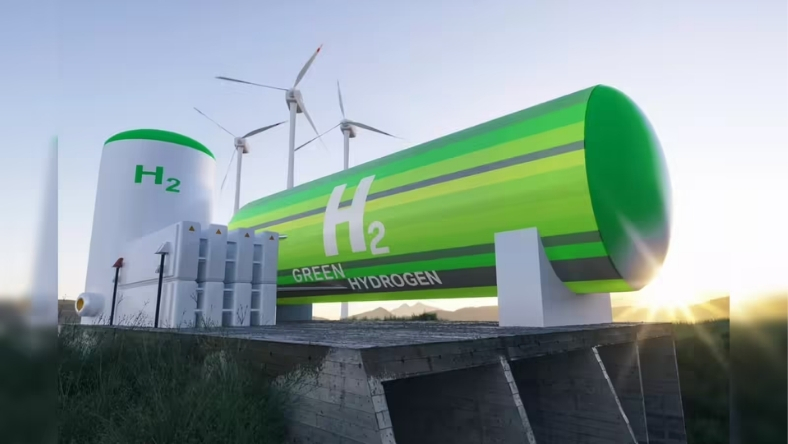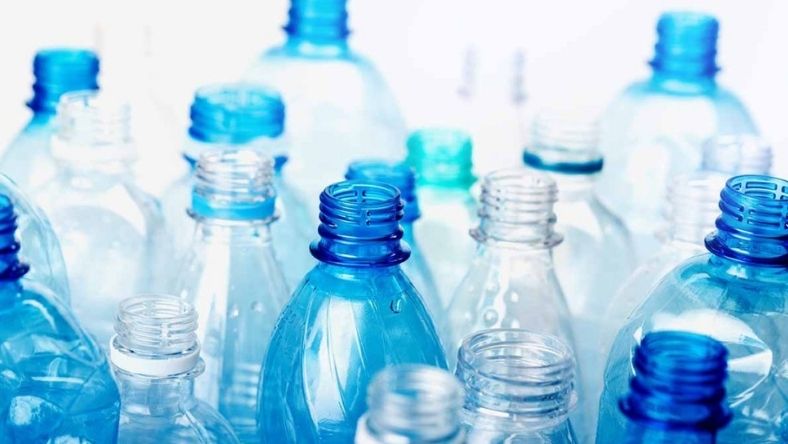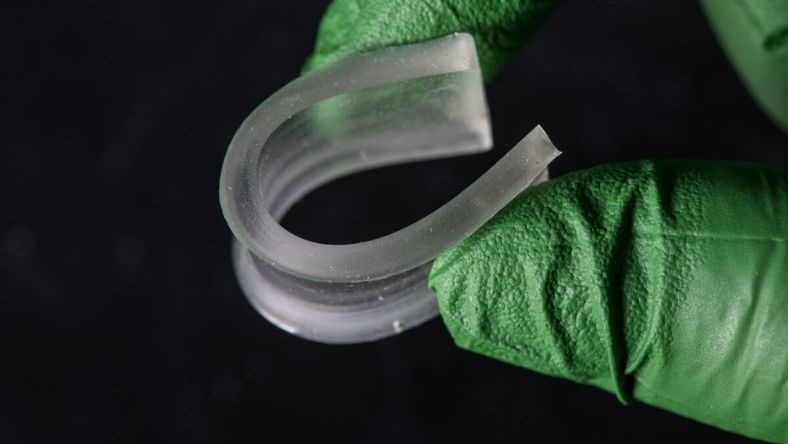REGULATORY
EU Plastics Push Gains Pace Ahead of New Waste Rules
EU alliance and European Commission accelerates the shift to recycled plastics as firms race to secure supply and prepare for new rules
20 Nov 2025

Europe’s plastics sector is entering a decisive phase as the Circular Plastics Alliance, a broad industry coalition supported by the European Commission, steps up efforts to reshape how materials are produced, collected and reused across the region.
At the centre of the initiative is a voluntary target to use 10mn tonnes of recycled plastics a year by 2025. The goal carries no legal force but has become a reference point for companies preparing for forthcoming EU requirements on packaging waste, minimum recycled content and recyclability. These obligations will be phased in through 2030 and 2040, with several elements dependent on delegated acts that are still pending.
Signs of progress are emerging as recycled output increases, though recyclers warn that supply remains uneven and lower-cost imports continue to weigh on prices. Industry groups argue that Europe needs stronger market incentives to ensure recycling infrastructure built over the past decade is used at scale.
For the Commission, the alliance offers a link between voluntary coordination and the binding rules of the Packaging and Packaging Waste Regulation. That link is encouraging companies to adjust business models in advance of formal deadlines.
Producers and recyclers are beginning to shape their portfolios around the incoming regime. Borealis is expanding advanced recycling capacity and adding higher-grade recycled polyolefins to its range. Mondi is introducing packaging designed to meet PPWR criteria, with formats aimed at improving recyclability and supporting material recovery. TOMRA is scaling digital sorting and collection technologies to increase feedstock quality in line with future design-for-recycling requirements. Each move reflects a shared view that innovation along the full value chain will be necessary to support the shift towards circularity.
Challenges remain, particularly around stable supplies of high-quality recycled plastics and uneven investment conditions across member states. But companies see opportunities in the restructuring of supply chains. Long-term procurement contracts, upgraded sorting facilities and redesigned packaging portfolios are becoming markers of competitiveness as the market for circular materials develops.
Europe’s choices in the coming years will shape global standards for recycled plastics. Momentum behind the transition is increasing, and companies that adapt early appear better positioned as regulatory expectations become clearer.
Latest News
20 Feb 2026
Plant Waste Takes Aim at EV Plastics19 Feb 2026
Europe’s Plastic Rules Reshape Supply Chains18 Feb 2026
Designing Plastics by Algorithm16 Feb 2026
Europe’s €8B Gamble on Chemical Recycling
Related News

INNOVATION
20 Feb 2026
Plant Waste Takes Aim at EV Plastics

MARKET TRENDS
19 Feb 2026
Europe’s Plastic Rules Reshape Supply Chains

TECHNOLOGY
18 Feb 2026
Designing Plastics by Algorithm
SUBSCRIBE FOR UPDATES
By submitting, you agree to receive email communications from the event organizers, including upcoming promotions and discounted tickets, news, and access to related events.